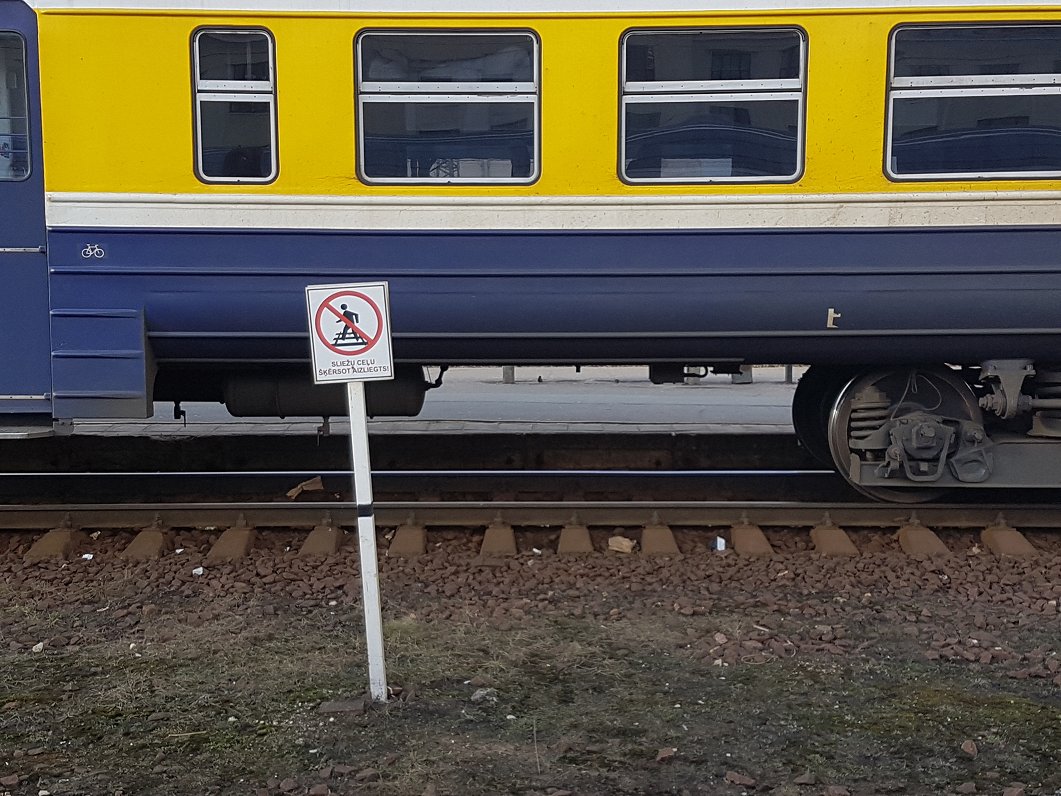Skoda Vagonka also organized a news conference on December 4, to provide more detailed information about the train tender, with Škoda Vagonka vice-president Ivo Gurnak, and regional sales director Roman Sorkin participating.
"According to us, Talgo doesn't have enough experience... in our opinion there is a very big risk that they will not be delivered in time," Gurnak said.
"Our offer according to our opinion is the best and according to our opinion we have to be the winner in this tender," he said.
It was also argued that the winning bid did not actually meet the precise criteria stated in the tender, and that Talgo's track record was in high speed trains, not the slower "suburban" type models required in Latvia.
Additionally Škoda Vagonka said that under the price criteria of the tender, which involved the cost per seat over a 35 year period, they had the best offer.
As reported, Spanish company Talgo won the tender to supply new passenger trains to Pasažieru Vilciens for €225,303,262. The contract price includes delivery of the trains and the equipment necessary for their maintenance, spare parts for the first five years and training of the personnel.
Pasažieru Vilciens CEO Rodžers Jānis Grigulis said that the bid submitted by the Spanish company was economically the most feasible for the train’s projected service life of 35 years.
Asked about the prices offered by other bidders, Grigulis said that the next best offer had been €20 million costlier.
The new passenger trains will be delivered to Pasazieru Vilciens gradually, from 2020 to 2023.
Pasazieru Vilciens will purchase 32 electric trains with places for 450 passengers in each train.
As reported, the Latvian government decided on November 5 that Pasažieru Vilciens will be able to spend up EUR 259 million worth of budget money on the purchase and maintenance of new electric trains, their parts and equipment, as well as construction of railway depots.
According to the decision taken by Latvia’s outgoing Cabinet of Ministers, Pasažieru Vilciens will be able to invest EUR 259 million in the purchase and maintenance of new passenger trains and equipment and construction of new railway depots from 2019 to 2024.
Pasažieru Vilciens in September 2015 started a new tender to purchase electric trains, and four bidders had advanced to the second stage of the tender – Spanish company Talgo, Polish subsidiary of Swiss company Stadler, Spanish company Construcciones y Auxiliar de Ferrocarriles S.A. (CAF), and Czech company Škoda Vagonka.
Pasažieru Vilciens was established in 2001 to separate domestic passenger services from other functions performed by the state-owned Latvijas Dzelzceļš (Latvian Railways). Although initially Pasažieru Vilciens was a 100-percent owned subsidiary of the Latvian Railways, in October 2008 it was transformed into an independent state-owned company.































